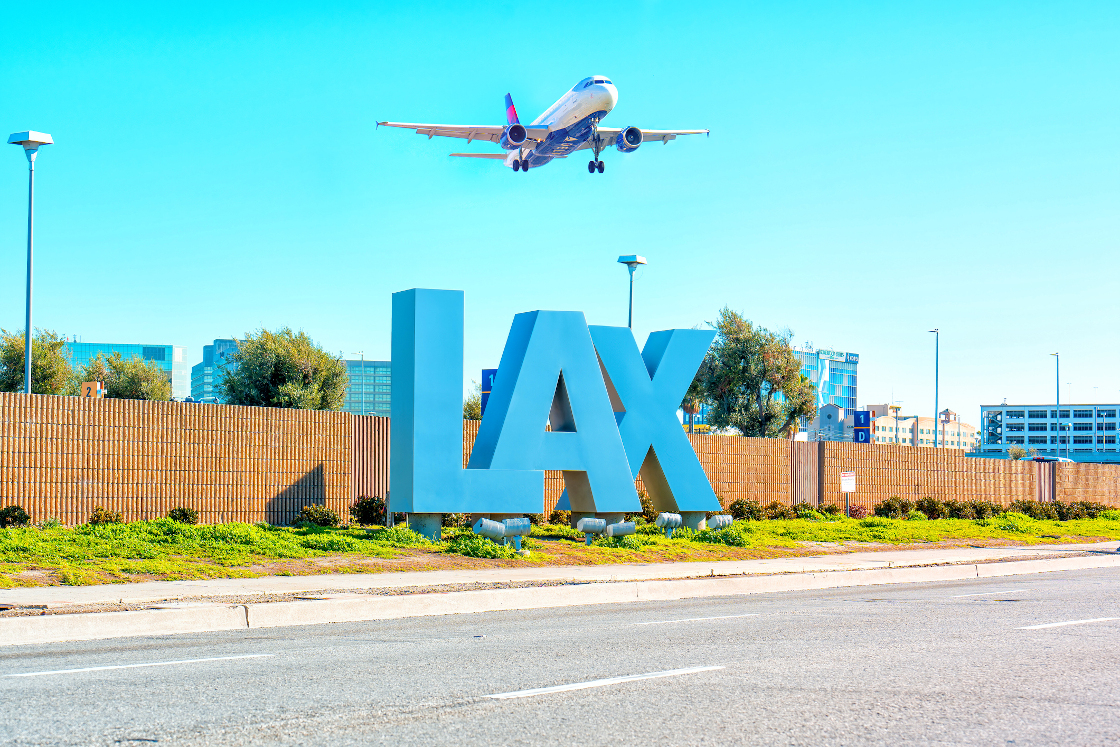How rapid growth in the US aviation industry means opportunities for suppliers

How rapid growth in the US aviation industry means opportunities for suppliers.
With its global aviation support business flying high, Artemis Aerospace is expanding stateside. Here’s why the company believes it’s the right time to go west.
According to the Airports Council International, the aviation industry is predicted to recover fully from the effects of COVID-19 in 2024, with passenger traffic estimated to reach 9.4 billion passengers. A report produced by IATA earlier in the year states that the demand for air travel is expected to double by 2040, growing at an annual average rate of 3.4%. It’s an impressive show of resilience in an industry which ground to an almost complete halt during the pandemic.
North America has made a strong recovery so far. IATA’s June 2023 report ‘Global Outlook for Air Transport’ says it’s the stand-out region in terms of financial performance; it was the first market to return to profitability in 2022. With the demand for air travel remaining high, it’s expected, by the end of 2023, to improve on this still further with an estimated net profit of US$11.5 billion.
The aviation industry is a generous contributor to the US economy. A new economic study released earlier this year by the National Association of State Aviation Officials (NASAO), the Alliance for Aviation Across America (AAAA), and the American Association of State and Highway Transportation Officials (AASHTO) found that aviation in the USA supports over 1.1 million jobs and has an economic impact of over $246 billion every year; there are more than 4,800 public airports, 3,383 fixed-base operators, 4,144 repair stations, over 2,200 charter companies and 643 flight training operations.
With this resounding vote of confidence in American aviation and after a great deal of research, Artemis made the decision a few months ago to open two new hubs stateside, one in Miami, Florida, and another in Los Angeles, California.
Jim Scott, co-founder and managing director of Artemis Aerospace, said:
“We were finding that our multi-discipline business, including component supplies, component repairs, lessor support, flight simulation hardware support, consignment stock management and global aircraft logistics was handling a rapidly increasing amount of work in the US, and this seemed a natural extension to our service. The hubs streamline orders and deliveries, making an even faster and more efficient service, and have also enabled the establishment of US banking facilities for the convenience of our US customers.”
With a global shortage of qualified pilots, training the next generation is a top priority. Time spent on a flight simulator is a central part of this and it’s crucial that there’s the minimum possible amount of downtime on simulators. Our new coast-to-coast coverage in North America will ensure we provide rapid and practical solutions to all US flight training operations in the event of an issue which could compromise ongoing instruction.
After only three months, Artemis’s two new hubs are already making a solid contribution to the US aviation industry and the company is looking forward to plenty of new business.
